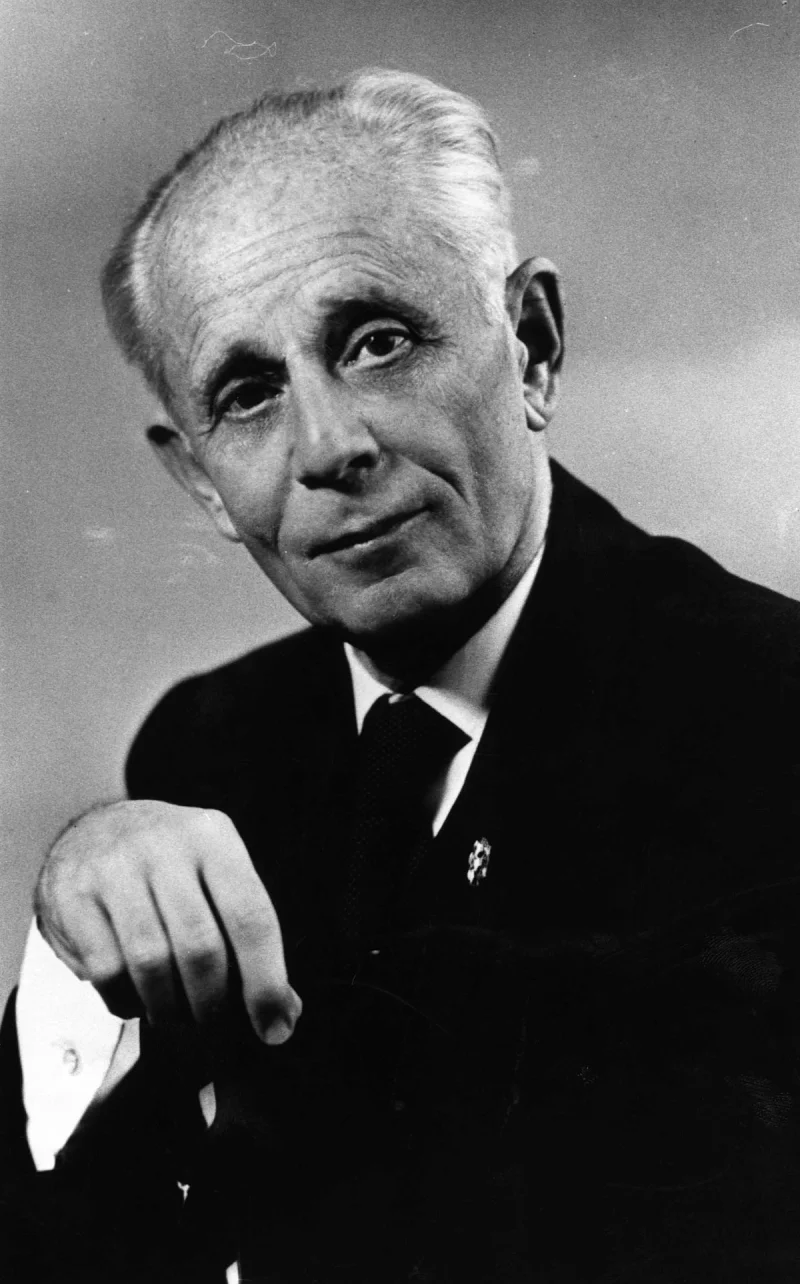Short Summary
Claude Lévi-Strauss was a French anthropologist and ethnologist whose work was foundational in the development of structuralism and structural anthropology. Renowned for his innovative ideas, he transformed how cultures and societies are understood, examining human thought patterns and structures underlying cultural phenomena. His influential books, including "Tristes Tropiques" and "The Savage Mind," positioned him as a pivotal figure in 20th-century social sciences, making him one of the most eminent intellectuals of his time.
Early Life & Education
Born on November 28, 1908, in Brussels, Belgium, Claude Lévi-Strauss was raised in a cultured, artistic family of Jewish heritage. His father was a portrait painter, which may have contributed to his early exposure to art and culture. He pursued higher education at the University of Paris, where he studied law and philosophy. However, his interest in philosophy waned, and he gravitated towards anthropology. This was in part due to the influence of his professors and the intellectual environment in Paris, which encouraged him to delve deeper into the social sciences, setting the stage for his future groundbreaking work.
Career Highlights
Lévi-Strauss began his career as a professor at the University of São Paulo in Brazil, where he conducted extensive fieldwork among indigenous tribes. This period was crucial in shaping his anthropological perspective. Upon returning to France, he joined the École Pratique des Hautes Études and later became a professor at the Collège de France. His seminal works, including "Structural Anthropology" and "The Elementary Structures of Kinship," established him as a leading thinker in his field. His theories on the structures of human thought and myth significantly influenced the humanities and social sciences.
Major Achievements
- Developed structural anthropology, which transformed the understanding of cultural phenomena by examining underlying structures.
- Published "Tristes Tropiques," a groundbreaking book that combined autobiography, anthropology, and philosophy, influencing many intellectuals.
- Authored "The Elementary Structures of Kinship," which analyzed the fundamental structures of human relationships.
- Elected to the Académie Française, a testament to his intellectual influence and contributions to French culture.
Famous Quotes
- "The scientist is not a person who gives the right answers, he's one who asks the right questions."
- "Being human signifies, for each one of us, belonging to a class, a society, a country, and a civilization."
Interesting Facts
- Lévi-Strauss was initially trained in law and philosophy before turning to anthropology.
- "Tristes Tropiques" was considered a classic of travel literature despite its anthropological focus.
- He was deeply influenced by the works of Marcel Mauss and Emile Durkheim.
- His work laid the groundwork for later developments in semiotics and post-structuralism.
Legacy / Influence
Lévi-Strauss's lasting impact lies in his innovative approach to understanding human societies through their underlying structures. His theories on structuralism influenced a wide range of disciplines, including anthropology, sociology, and literary criticism. By examining the commonalities between diverse cultures, he highlighted the universal aspects of human thought, thus shaping modern social sciences and influencing generations of scholars.
FAQ
Q: Why is Claude Lévi-Strauss famous?
A: He is famous for developing structural anthropology and transforming the understanding of cultural phenomena.
Q: What are some of his notable works?
A: His notable works include "Tristes Tropiques," "The Savage Mind," and "The Elementary Structures of Kinship."
Q: What was his influence on anthropology?
A: He introduced structuralism, which emphasized underlying patterns in human thought and culture, greatly impacting the field.












